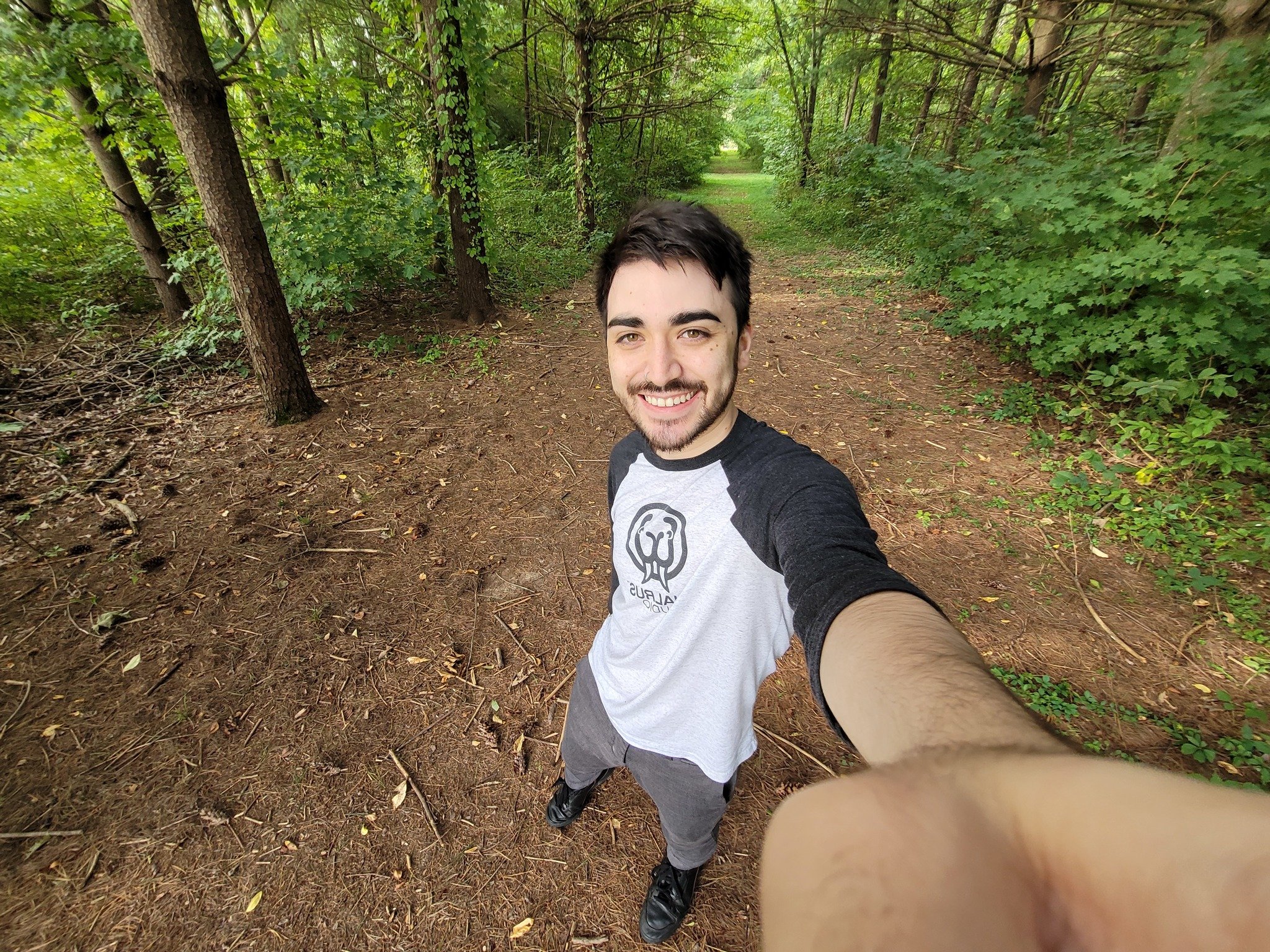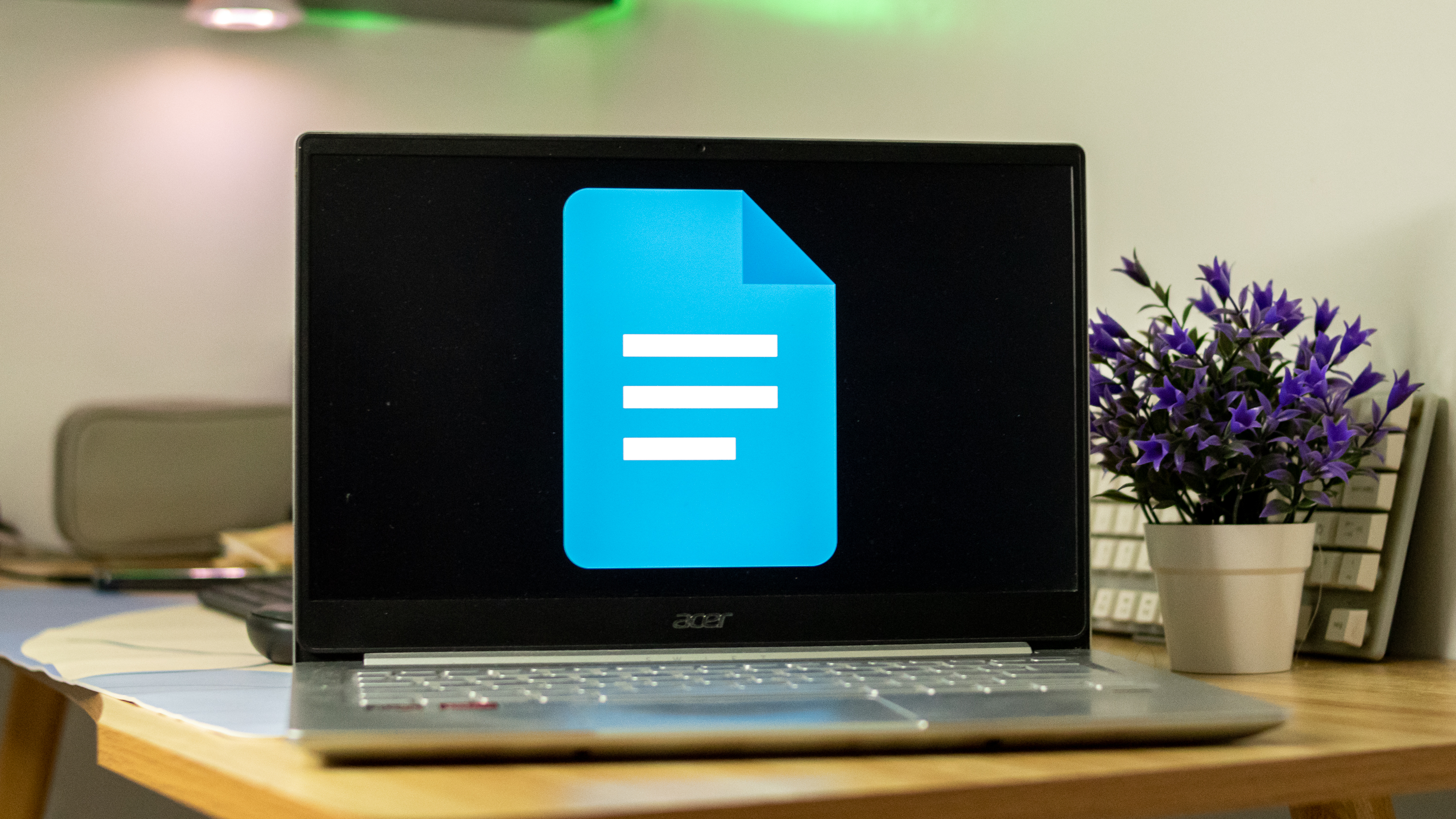Google's rejection of 'beauty mode' is a good look for phone cameras

Get the latest news from Android Central, your trusted companion in the world of Android
You are now subscribed
Your newsletter sign-up was successful
Often times the things that are best for us and our digital wellbeing are the tiny changes. This is one of those times, and chances are you probably skimmed right past the news about it because of how low-key everything has been handled. I'm talking about selfie photo filters, the names that inevitably get attached to those types of filters, and Google's new guidelines on how it all will work from now on.
I am a big scruffy white guy with a frizzy beard, long hair, and very little concern about what others think of my own personal appearance. As long as I'm clean and my hair is combed or tied back, I'm good to go and ready for any photo opportunity with no second thoughts. But not everyone is like me. Plenty of people have a problem with the idea of beauty standards and how they think they don't quite meet up with them in one way or another.
First off, let me say that you are beautiful and you are loved. All of you.
Beauty should never be tied to a thing we can only see with our eyes and every single one of us has a unique quality or two that make us beautiful people inside and out. I can't tell you why you are beautiful and neither can anyone else. But you are and you should always remember that we are all magical and special and beautiful. And if a middle-aged man who is known to be a little bit grumpy can remind us about this, you can, too. Be beautiful.
Google can't just write a blog post reminding us that everyone is beautiful because it has a bit more responsibility than I do: it makes phone software that can easily confuse you about the whole concept of beauty standards. This is why it did the next best thing and decided that how these selfie photo filters are to be labeled and described needs to change:
We set out to better understand the effect filtered selfies might have on people's wellbeing — especially when filters are on by default. We conducted multiple studies and spoke with child and mental health experts from around the world, and found that when you're not aware that a camera or photo app has applied a filter, the photos can negatively impact mental wellbeing. These default filters can quietly set a beauty standard that some people compare themselves against.
Take a moment and absorb this because it's extremely important. For some people, seeing how a "beauty" mode changes the way they look in a photo is a painful thing. You do not need to understand how it hurts or why; all you need to know is that it can be the way it is and that it shouldn't be that way. Your heritage, where you live, how you see yourself in society, and all sorts of other variables contribute to the different ways we all react to different things.
Google can't fix the different cultural standards and ideas of the world, but it can change some words in Android.
It's not Google's place to try and "fix" something like this. It's Google's responsibility to do what it can to remove the stress factor and that's exactly what it is doing. There is no reason a front-facing camera needs a default filter mode enabled when it senses a face, and there's also no need for those filters to have names that equate them with making you more beautiful. Period.
Get the latest news from Android Central, your trusted companion in the world of Android
The Google software on the Pixel 5 and every Pixel moving forward will work this way. Filters will never be enabled by default, and none will infer they make changes that make anyone more beautiful. You can still retouch your face if you want to, and the options are still going to be in the Google camera app (as well as other apps) without names like "Beauty mode" that infer any standards through their names.
This change seems minor, and for many will sound like some unnecessary way to be even more PC and how we all need to get tougher and whatever else a simple mind can wind up and spew out with no thought or care. To those people, I suggest you try to understand that we're all different and Google should do whatever it can do to help us.
Thankfully, someone at Google agrees and these changes are in play right now for the Pixel 4a series and the Pixel 5. They should also be coming soon to the other supported Pixel phones and manufacturers will need to find similar ways to meet the new people-centered guidelines from Google.
Now go take photos and share them with the world because you are beautiful and plenty of us want to see you.

Jerry is an amateur woodworker and struggling shade tree mechanic. There's nothing he can't take apart, but many things he can't reassemble. You'll find him writing and speaking his loud opinion on Android Central and occasionally on Threads.

